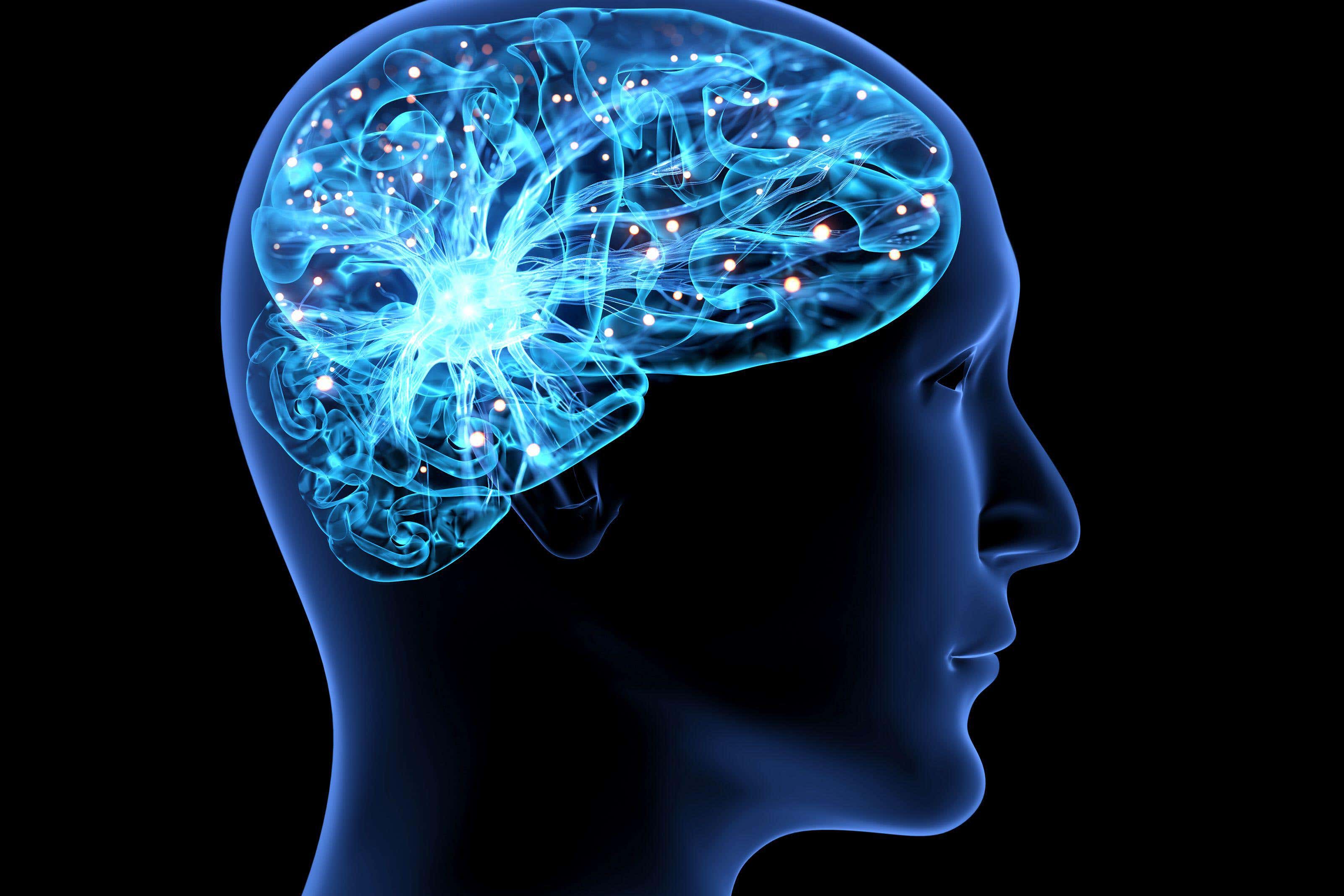New test promises to predict dementia nine years before diagnosis
Among the 103 people who had dementia, 81 had brain scans between five months and 8.5 years before being diagnosed

Your support helps us to tell the story
From reproductive rights to climate change to Big Tech, The Independent is on the ground when the story is developing. Whether it's investigating the financials of Elon Musk's pro-Trump PAC or producing our latest documentary, 'The A Word', which shines a light on the American women fighting for reproductive rights, we know how important it is to parse out the facts from the messaging.
At such a critical moment in US history, we need reporters on the ground. Your donation allows us to keep sending journalists to speak to both sides of the story.
The Independent is trusted by Americans across the entire political spectrum. And unlike many other quality news outlets, we choose not to lock Americans out of our reporting and analysis with paywalls. We believe quality journalism should be available to everyone, paid for by those who can afford it.
Your support makes all the difference.A new test has been developed that can predict dementia up to nine years before diagnosis, with 80% accuracy.
Scientists say the technique has the “potential to fill an enormous clinical gap” by identifying people who are at risk of dementia and treating them before symptoms start to show.
The test involves analysing the network of connections in the brain when it is in “idle mode” to look for very early signs of the condition.
Researchers from Queen Mary University of London said their method is better than memory tests or measurements of brain shrinkage, two commonly used tools to diagnose dementia.
The team, led by Professor Charles Marshall, looked at brain scans from more than 1,100 people from UK Biobank, a database containing genetic and health information from half a million people in the UK.
They examined the patterns of connections in a brain network called the default mode network (DMN), which kicks in when the brain is in idle mode – where the mind wanders and is not focused on a particular task.
The researchers developed a model that was able to predict which people in this group would go on to be diagnosed with dementia.
Among the 103 people who had dementia, 81 had brain scans between five months and 8.5 years before being officially diagnosed.
Their brain scans showed less connectivity in the default mode network compared with those who did not go on to develop dementia, the findings showed.

Prof Marshall, who led the research team within the Centre for Preventive Neurology at Queen Mary’s Wolfson Institute of Population Health, said: “Predicting who is going to get dementia in the future will be vital for developing treatments that can prevent the irreversible loss of brain cells that causes the symptoms of dementia.
“Although we are getting better at detecting the proteins in the brain that can cause Alzheimer’s disease, many people live for decades with these proteins in their brain without developing symptoms of dementia.
“We hope that the measure of brain function that we have developed will allow us to be much more precise about whether someone is actually going to develop dementia, and how soon, so that we can identify whether they might benefit from future treatments.”
Dr Richard Oakley, associate director of research and innovation at Alzheimer’s Society, said while the research was able to identify structural changes in the brain before dementia symptoms appear, more studies are needed “involving diverse groups of people of different ages and ethnicities to fully understand the benefits and limitations of this MRI scan as a diagnostic tool”.
The findings are published in the journal Nature Mental Health.